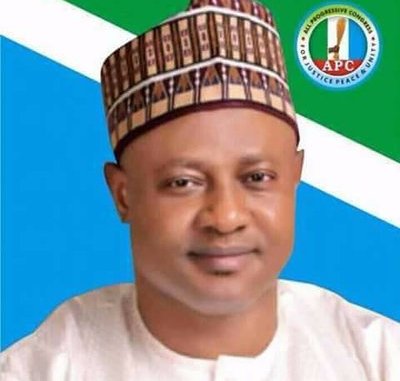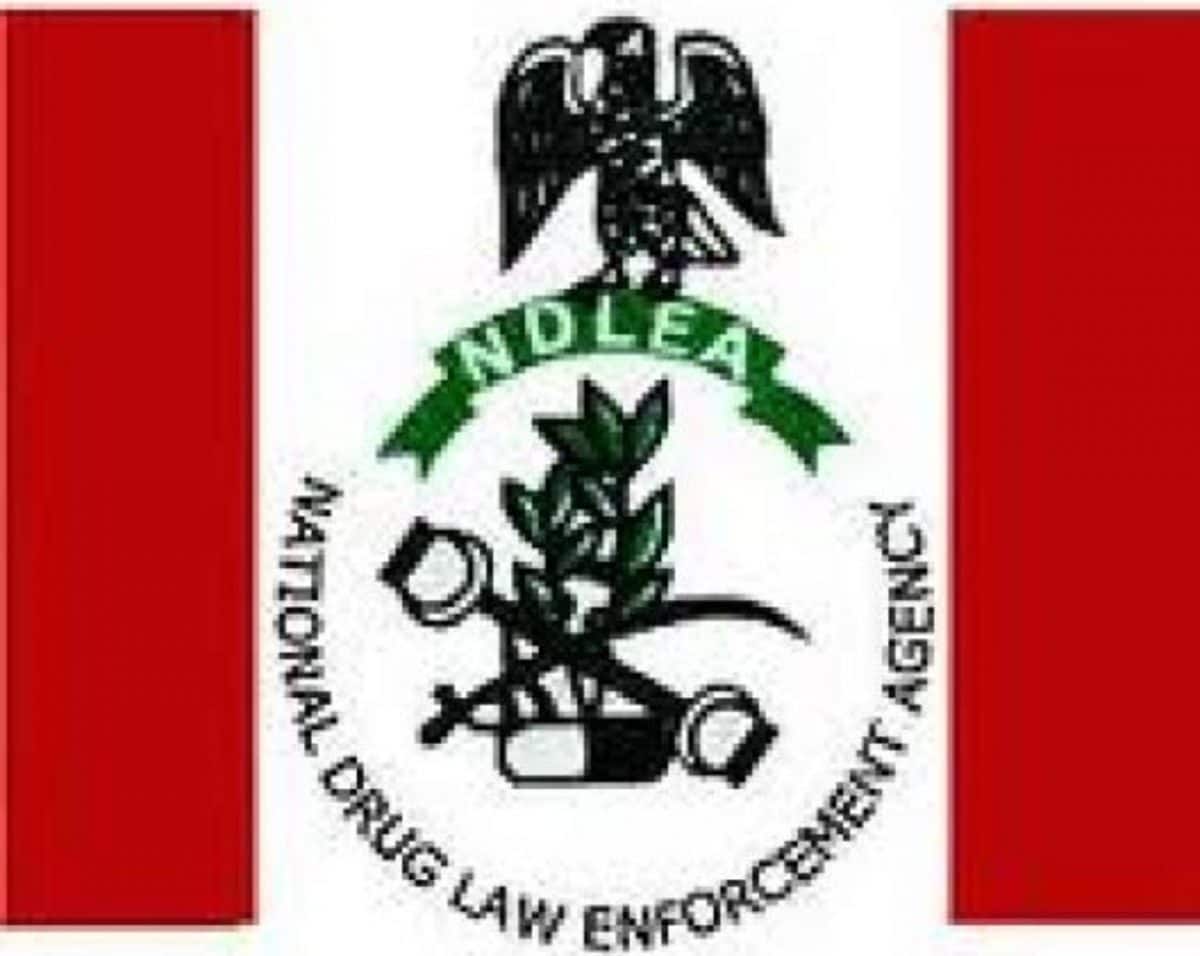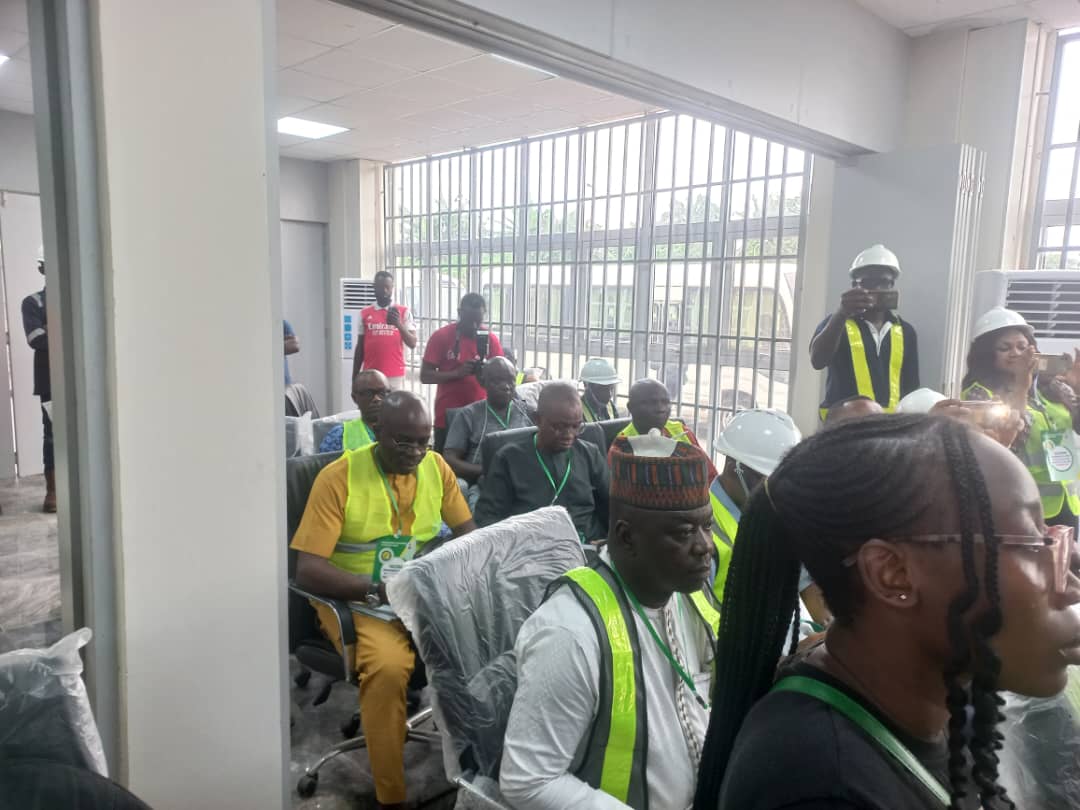The many things I do not understand, By Dan Agbese
Email: [email protected]
SMS: 08055001912
My generation came of age at about the time the majors struck on January 15, 1966, and turned our country upside down. The young officers alerted us to the existence of ten percenters in our public services. These were the men who creamed ten percent off government contract sums to enrich themselves. We were told this constituted something called corruption, also called cankerworms. Although not many of us knew what a cankerworm was, we just knew it was bad because guinea worms were bad.
Major Chukwuma Kaduna Nzeogwu, the leader of the young majors, said the ten percenters were the enemies of the revolution because they made the country look big for nothing. The unintended consequence of the battle that followed to rid the country of corruption was that corruption became the reason governments changed hands from military to military and from civilian to military. The promise to free our country from corruption by successive political leaders in khaki or agbada, has never lacked takers because we all subscribe to the belief that corruption is bad for our country. When a country is in dire need of a messiah, anyone who chances along with a faux halo, is instantly recognised as the messiah, a product of divine intervention, no less.
I understood that.
My generation has witnessed the longest-running war against corruption, also known as graft. We have watched the promises made; and we have watched the promises broken in the tangled web of opportunism and the greed that can only be satiated, ironically, by corruption. We have watched as corruption sucked in the commanders and the foot soldiers of the anti-graft war. And we know it is a no-win war for the country because the war has always been prosecuted with transparent ambivalence.
General Yakubu numbered corruption among his nine-point programme he intended to accomplish before leaving office in 1976. He did not go the distance. Because of alleged corruption, General Murtala Muhammed, who succeeded him smeared the integrity of the Gowon administration. Fictitious probe reports at federal and state levels tarred Gowon’s men. In his anti-graft war, Muhammed destroyed the civil services of the federation and enlarged the capacity of public officers and civil servants for corruption and corrupt practices.
This, I did not understand. I thought you could not kill a cankerworm by feeding it.
We have watched as the miraculous powers of corruption have transformed most of our public officers into wealthy men and women. But they tell us that God is good. He dispenses miracles. We no longer know if we are ruled by thieves or charlatans or honest men. All our politicians have sinned and there is hardly any truth left in them. The line between honesty and thievery grows thinner and thinner.
This, I do not understand.
We have watched corruption destroy our morals and morality as a nation. We have watched corruption imprison our collective integrity and turned our country into a nation of unsavoury practices and made its citizens suspect in the eyes of the rest of the world. We have watched as corruption has compelled us to celebrate individual and family shame as achievements worthy of national honours. We have watched as most of our public officers, former and serving, have been tainted with the mark of the beast even as they present the faux faces of honesty and religiosity.
We have watched corruption grow exponentially in all its ramifications. I have always felt that those who think we make slow progress as a nation, have not stopped to give some thoughts to the rapid growth of corruption as evidence of our national progress and development. No, I am not being cynical. After all, development na development.
These, I do not understand.
The ten percenters stole but whatever they stole could not today buy you one pawpaw. They stole discreetly because personal and family shame mattered and was still a strong pull against waywardness. By the second republic, much of that had changed. Stealing gradually became more brazen. It reached the thousand Naira mark with thousandnaires minted by corruption; then we graduated to the million Naira mark with impunity as the hallmark of the brave; then we hit the billion Naira mark and corruption donned a new face mask as evidence of smartness.
If this is not national progress, I do not know what it is. Check the stories of graft. No public officer is accused of stealing millions anymore. This country watched as the auditor-general of the federation, whose term expired but was renewed by Buhari, bravely and brazenly helped himself to N108 billions of our common wealth. With our public debts hitting the glass ceiling in trillions of Naira, you need not bet me but know ye that corruption will move up to the trillion Naira mark. It is a mark of progress, however you may think of progress.
This, I do not understand.
The systematic raid on our national and state treasuries by those we entrusted with their protection remains a peculiar Nigerian version of national service, to wit, you serve the nation by serving yourself because self-interest is the first law in the nature of the Nigerian public officer. Has anyone taken some serious interest in what happens at the state level where many of the governors treat the state treasuries as their personal bank accounts and deal with them as they choose? While they cannot pay their civil servants and their pensioners, these men with an arid conscience, build mansions in Abuja and other cities and set up the only functioning industries as fronts in their states.
Yes, I know that it is unforgiveable for a man to leave a high public office as a pauper who finds himself asking his friends for recharge cards. I regret to say that my generation has been part of these grand failures. Professor Wole Soyinka said his generation was a wasted generation; ours is the generation that wasted its hopes for a greater country on itself. I look over my shoulders and see that the new generation of political leaders have been forged on the anvils of me-first greed and are inheriting a nation in which the chaff and the grains are interchangeable – depending on who rules and determines what constitutes corruption in his dictionary.
In countries that value integrity in their public officers, a public officer, serving or former, accused of graft is a tainted man or woman and forfeits the right to either continue in office or the right to seek another public office. But here such people are excused by the system with the rubbish explanation that they have not yet been convicted by a court of law. It is a fine example of our ambivalent attitude towards the anti-graft war. History has no record of a war won with ambivalence.
This, I do not understand.
On assumption of office in 2015, President Muhammadu Buhari declared loudly to the hearing of corruption: “I will kill corruption before it kills Nigeria.” Corruption chuckled. For eight years, the man watched as corruption sprouted under his feet. He is about to leave office, not with the song of anti-corruption victory but with the whimper of a defeated general.
Corruption in our country is full of ironies. I take one: religion. Nigeria is the second most religious nation in the world. It holds the candle to only India. Nigeria is not the most corrupt nation in the world, although going by the noise we make about it, we make the rest of the world believe that honest men and women are an aberration in our country. Bangladesh, the tiny country on the Indian sub-continent, leads all nations in corruption.
Evidence of our religiosity is everywhere – with the places of worship in every nook and cranny in our towns, cities, and villages. The men and women who claim to hear the voice of the almighty rail daily against evils in the society such as corruption, yet many of the cannot resist the lure of the money put in their care. They are rich because they cream their flock. It is difficult to reconcile our religiosity with the level of crimes in our country today. In the natural order of human societies, a religious nation such as ours, should have no room for corruption, banditry, kidnapping, Boko Haram, murders, arson, and sundry criminals, all of whom have turned our nation into a haven for dangerous criminals.
Christianity and Islam have millions of followers in our country. Both religions are loudly intolerant of any form of evil-doing and criminality. Both of them threaten criminals with the hot but slow burning fires of hell in the hereafter. Yet, all the criminals, high and low, in our country are either Christians or Muslims. Some of them make a show of their religiosity on Fridays and Sundays by sitting in the front rows in mosques and the front pews in churches. Our big men and women wear their religiosity like one-in-town designer clothes.
All those who have been caught with their hands in the till belong to either one of these great religions. All those who kill innocent men and women belong to one of these great religions. All those dragged to court by EFCC belong to either one of these great religions. All those who habitually rig elections belong to either one of these great religions. All our judges and justices, some of whom have delivered judgements with a surfeit of hollow professional integrity, belong to either one of these great religions. So, you wonder, is this a failure of the religious injunctions or purposeful faux religiosity?
These, I do not understand.




